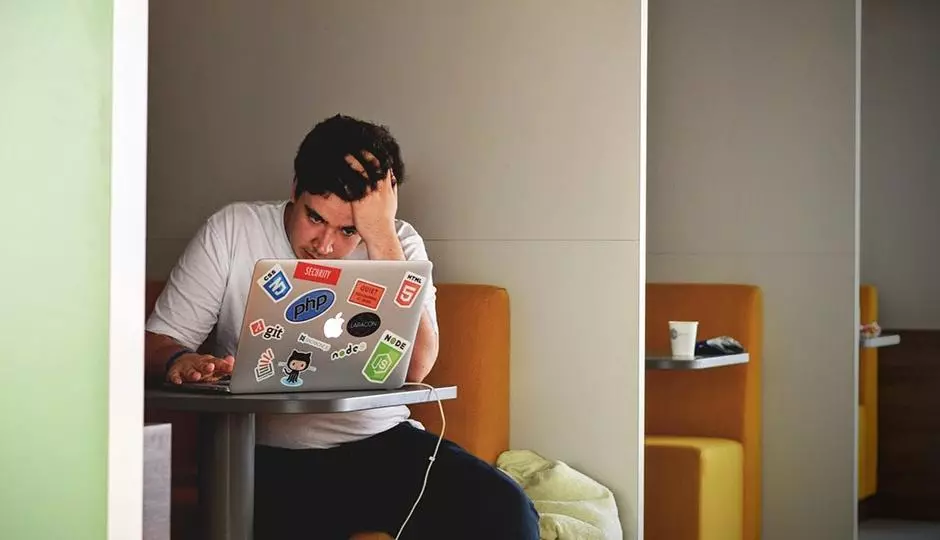It's common for the texture, density, and thickness of a person's hair to change throughout their life. Various factors can cause these changes, and determining your hair condition's specific cause is the first step to finding a solution. In some cases, stress and anxiety can cause hair loss, and in others, make the hair loss condition more difficult to control.
Some Hair Loss is Normal
Research has shown that individual strands of hair grow in a predictable cycle, and, in the final stage, the hair is shed and replaced by a new strand. The average person loses between 100 and 150 hairs each day due to this normal hair shedding.
Hair shedding is a normal process and is not the same as hair loss. Hair can become damaged from chemicals, heat, and styling techniques, causing them to break, but these hairs will typically grow back into strong, healthy strands of hair.
Hair loss typically occurs when the follicle is damaged and stops producing hair. If you notice large clumps of hair falling out, increased shedding, or thinning hair, you could be experiencing early signs of a hair loss condition.
The Connection Between Stress and Hair Loss
Many hair loss conditions have a genetic factor involved, which causes thinning hair and hair loss as we age. Unlike hereditary conditions, hair loss due to stress is caused by environmental factors and can be controlled by managing the cause of the stress.
Excessive physical stress, such as that associated with an accident, injury, illness, or surgery, can cause or trigger hair loss. Severe emotional stress, such as a sudden death or life change, can also place the body under increased stress and lead to hair loss.
Stress and anxiety are associated with three specific types of hair loss:
- Alopecia areata is a condition that causes the white blood cells to attack healthy hair follicles, inhibiting their ability to produce healthy hair and leading to bald patches on the scalp. The condition is usually not permanent, with the hair often regrowing when the stressor is removed, but may also cause psychological stress due to the hair loss itself.
- Telogen effluvium is a more common and less severe form of hair loss. Emotional or physical stress can alter the hair's natural growth cycle, causing hairs to enter the resting stage prematurely. The hair stops growing and lies dormant in this stage, typically falling out in two to three months and growing back within six to nine months.
- Trichotillomania is a condition caused by stress and anxiety characterized by the urge to pull out one's hair, often without realizing it. The long-term desire provides a brief positive feeling but can lead to hair loss, further adding stress.
Reduce Stress and Hair May Grow Back
Hair loss is related to a wide range of factors, but most hair loss caused by stress is not permanent. For many people, reducing the stress causing hair loss enables the hair follicles to produce healthy strands of hair once again. In more severe cases, where the condition has been allowed to progress, various treatment options are available to stimulate new hair growth.
At New Image Hair Clinic, we can help determine the cause of hair loss and offer our clients proven solutions for both men and women. If you are dealing with thinning hair or hair loss, we can help you find the cause and create a custom treatment plan for to help regrow your natural, full head of hair. To learn more about how stress can cause hair loss and what you can do to ensure your scalp and hair's health, contact us today and schedule your FREE initial consultation.



